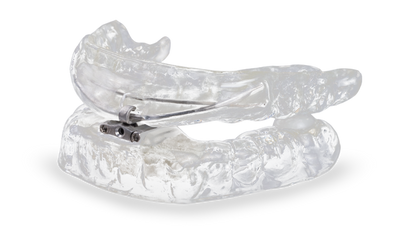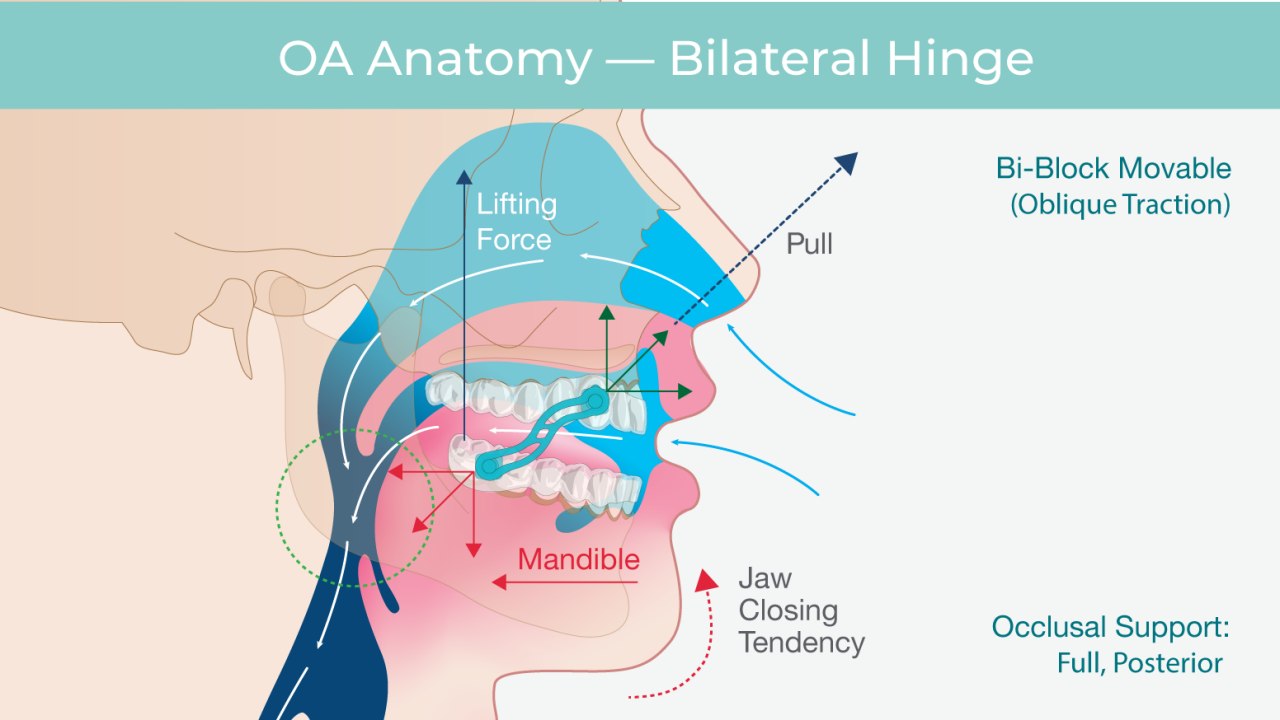
Sleep apnea is a potentially serious sleep disorder in which breathing repeatedly stops and starts.
What is the main cause?
The main cause of sleep apnea is a partial or complete obstruction of the upper airway during sleep. This obstruction can occur due to several factors, and the specific cause can vary among individuals. The two primary types of sleep apnea are obstructive sleep apnea (OSA) and central sleep apnea (CSA), each with different underlying causes:
Obstructive Sleep Apnea (OSA): OSA is the most common form of sleep apnea. It occurs when the muscles in the back of the throat relax during sleep, leading to a narrowing or complete closure of the airway. The main factors contributing to OSA include:
Excess Weight: Obesity or being overweight is a significant risk factor for OSA. The excess fat around the neck and throat can contribute to airway constriction and obstruction.
Anatomical Factors: Certain anatomical features can predispose individuals to OSA. These may include a narrow airway, enlarged tonsils or adenoids, a large tongue, or a deviated septum.
Age and Gender: OSA is more common in older adults and males. However, it can affect people of all ages and genders.
Alcohol and Sedative Use: The use of alcohol, sedatives, or muscle relaxants can relax the throat muscles, leading to increased airway collapse and OSA episodes.
Central Sleep Apnea (CSA): CSA is less common and occurs when the brain fails to transmit proper signals to the muscles that control breathing. The airway may not be blocked, but the respiratory control center in the brain fails to initiate breathing regularly. Causes of CSA include:
Medical Conditions: Certain medical conditions, such as congestive heart failure, stroke, brainstem injury, or neurological disorders, can affect the brain's control over breathing and lead to CSA.
Medications: Opioid medications and certain sedatives can disrupt the normal breathing patterns and contribute to central sleep apnea.
High Altitude: Central sleep apnea can also occur at high altitudes due to the effect of low oxygen levels on the respiratory system.
It's worth noting that some individuals may experience a combination of both obstructive and central sleep apnea, referred to as mixed or complex sleep apnea.
Diagnosing the specific cause of sleep apnea requires a comprehensive evaluation by a healthcare professional, often including a sleep study (polysomnography), medical history assessment, and physical examination. Treatment options for sleep apnea aim to address the underlying causes and may include lifestyle changes, oral appliances, continuous positive airway pressure (CPAP) therapy, surgery, or a combination of these approaches.


Dentists can play a role in treating sleep apnea because they have expertise in oral health and the structures of the mouth, including the jaw, teeth, and airway. Sleep apnea is a sleep disorder characterized by pauses in breathing or shallow breathing during sleep. It occurs when the muscles in the back of the throat fail to keep the airway open, leading to brief interruptions in breathing.
While sleep apnea is a medical condition, dentists can be involved in its treatment through a branch of dentistry called dental sleep medicine or sleep apnea dentistry. Dentists who specialize in this field work closely with physicians and sleep specialists to provide treatment options for patients with sleep apnea.
One of the common treatments for sleep apnea is the use of oral appliances, also known as mandibular advancement devices (MADs) or dental splints. These devices are custom-made by dentists to fit the patient's mouth and are designed to reposition the jaw and tongue to keep the airway open during sleep. By advancing the lower jaw forward, these appliances help to prevent the collapse of soft tissues that can obstruct the airway.
Dentists trained in dental sleep medicine can assess patients for sleep apnea, recommend appropriate treatment options, and provide follow-up care. They work in collaboration with sleep physicians to diagnose and develop a comprehensive treatment plan that may involve oral appliances, lifestyle modifications, and, in some cases, continuous positive airway pressure (CPAP) therapy.
It's important to note that not all dentists treat sleep apnea, and the management of this condition often requires a multidisciplinary approach. If you suspect you have sleep apnea, it is recommended to consult with a sleep specialist who can guide you through the diagnostic process and help determine the most suitable treatment options for your specific case.
Call our office to make an appointment on (212) 628-3300